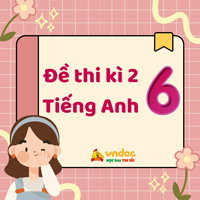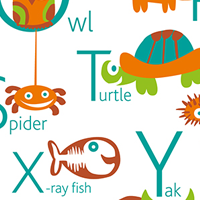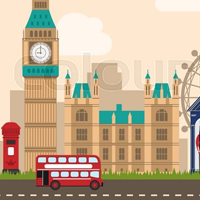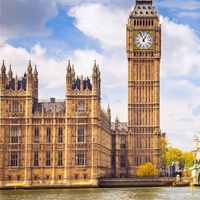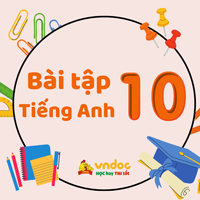Đề thi thử THPT Quốc gia 2018 môn tiếng Anh trường THPT Liễn Sơn, Vĩnh Phúc có đáp án (Đề số 298)



Đề thi thử đại học môn Tiếng Anh có đáp án
Đề thi thử THPT Quốc gia 2018 môn tiếng Anh trường THPT Liễn Sơn, Vĩnh Phúc có đáp án (Đề số 298) do VnDoc.com sưu tầm và đăng tải dưới đây với nội dung ra đề sát với chương trình của Bộ giáo dục rất hữu ích cho các bạn ôn tập. Chúc các bạn thi tốt!
Đề thi thử THPT Quốc gia 2018 môn tiếng Anh lần 2 trường THPT Đoàn Thượng, Hải Dương có đáp án
Đề thi thử THPT Quốc gia 2018 môn tiếng Anh trường THPT Liễn Sơn, Vĩnh Phúc có đáp án (Đề số 300)
Đề thi thử THPT Quốc gia 2018 môn tiếng Anh trường THPT Liễn Sơn, Vĩnh Phúc có đáp án (Đề số 299)
Đối với kì thi THPT Quốc gia thì luyện đề là một trong những hoạt động cần thiết và không thể bỏ qua để các bạn có thể tập dượt và đánh giá được khả năng của mình. Bên cạnh đó việc ôn luyện lý thuyết và bài tập theo mảng cụ thể, ví dụ như câu điều kiện, word form, trọng âm, trắc nghiệm ngữ pháp tiếng Anh, trắc nghiệm ..cũng rất hữu ích giúp các bạn đạt điểm cao trong kì thi quan trọng này.




